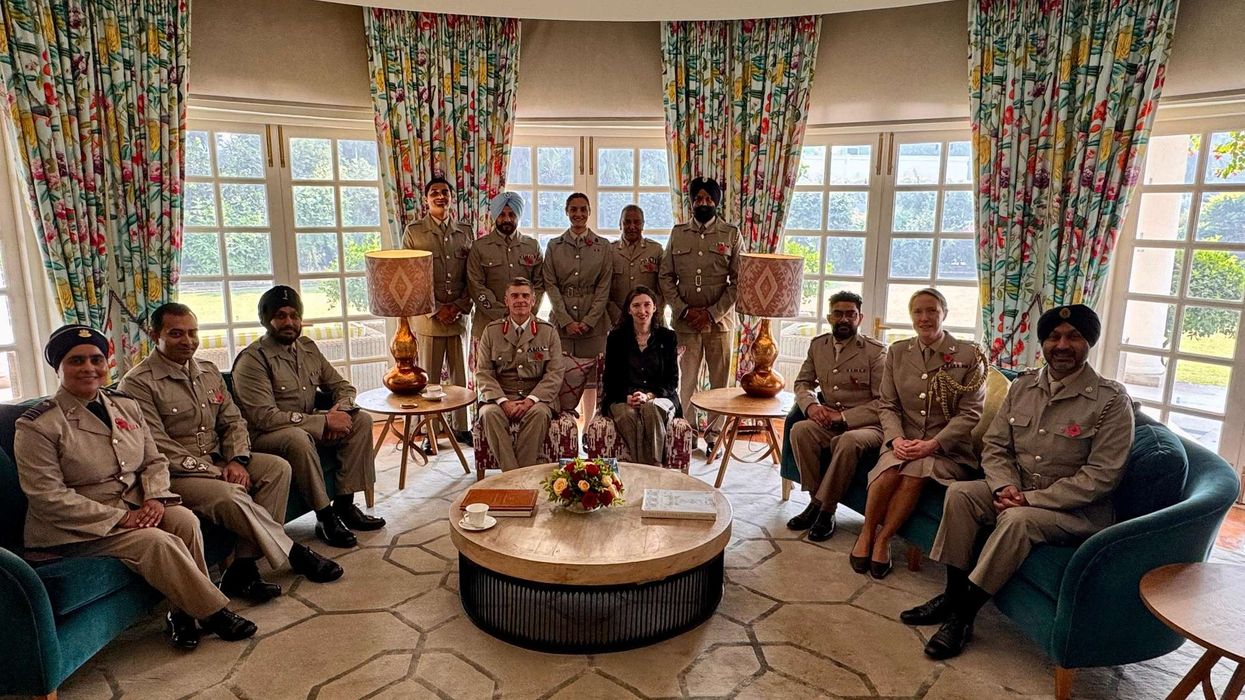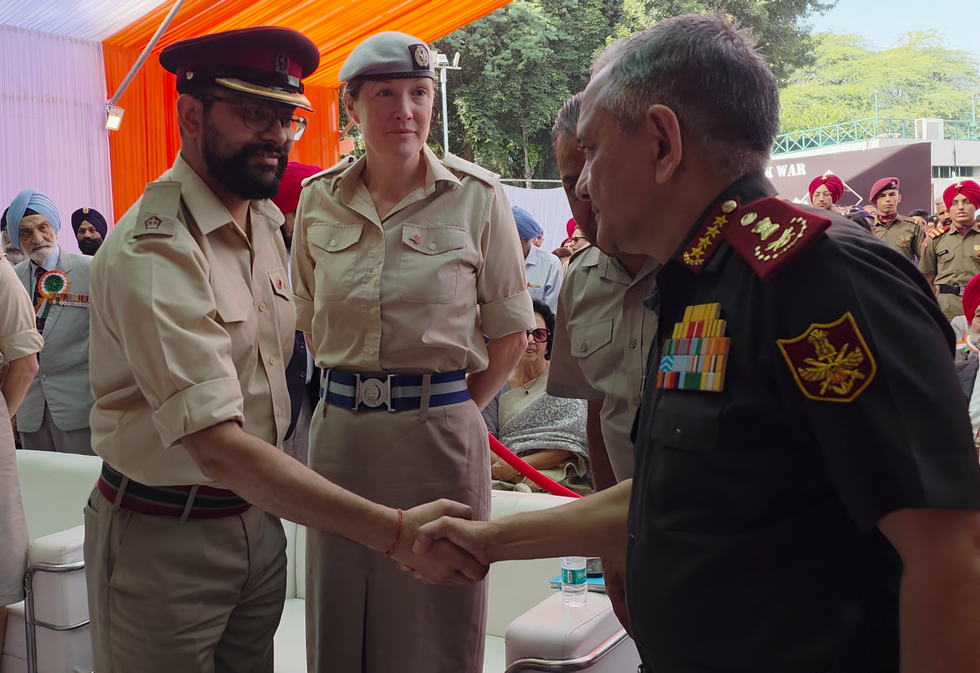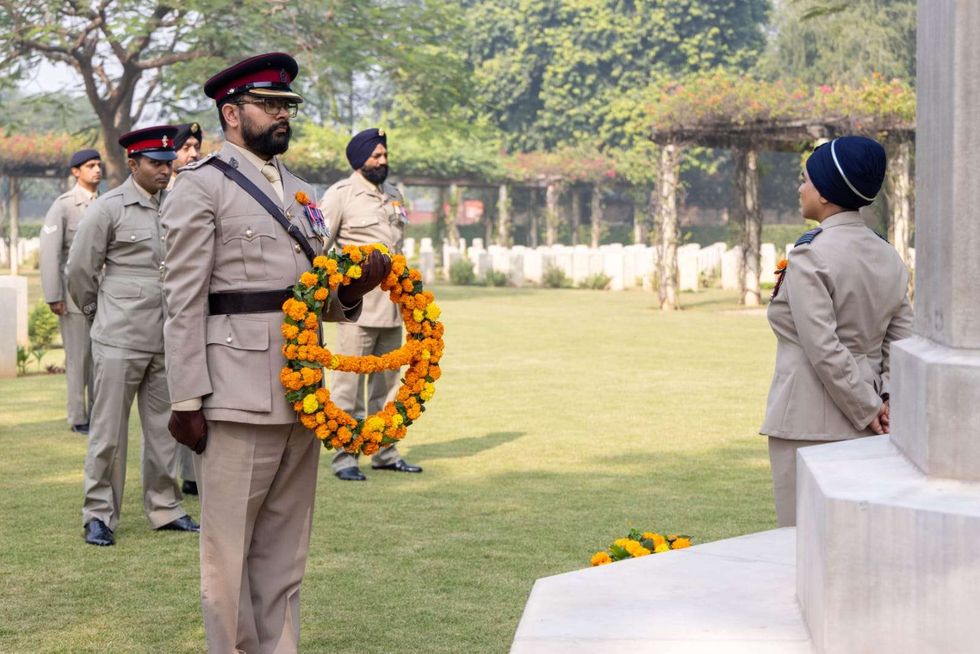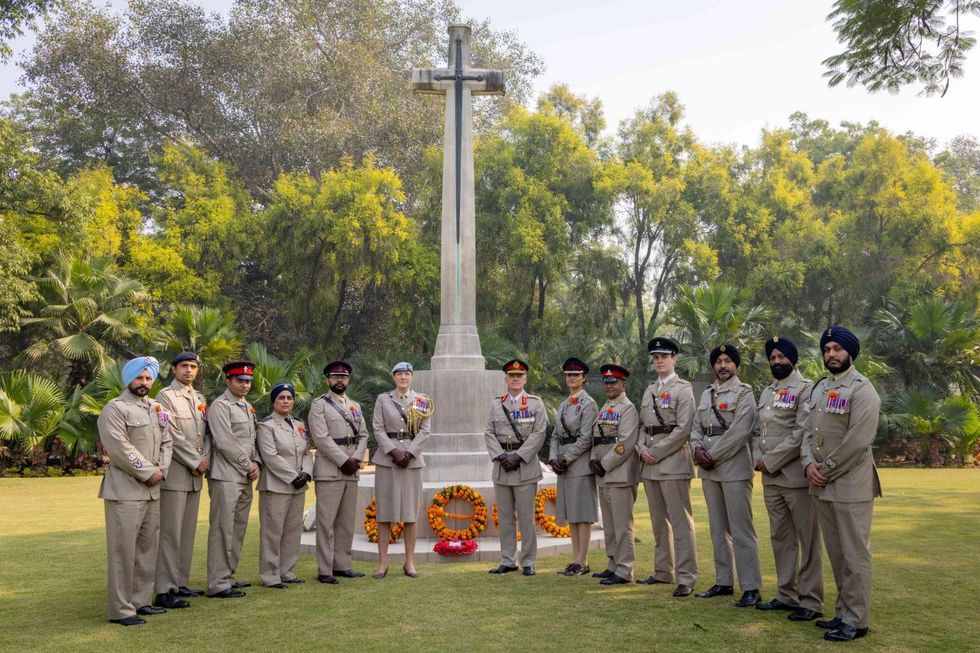by Barnie Choudhury
IN MY favourite book, Harper Lee’s To Kill A Mockingbird, a father imparts a pearl of wisdom to his son about bravery, saying courage is “when you know you’re licked before you begin, but you begin anyway and see it through no matter what”.
When the Conservative peer Baroness Sandip Verma ran against the incumbent Leicester Labour mayor, Sir Peter Soulsby, she knew it was a task of Everest proportions. But she did it anyway, knowing that they weigh Labour votes in Leicester, rather than count them, because she wanted local democracy to count. That’s bravery.
Equally courageous were the actions of an unknown newcomer, Angela Kandola. Full disclosure – Angela is the chief executive of Awaaz, a black minority ethnic charity I chair in Nottingham which helps people with mental health challenges, substance misuse, offending and homelessness.
In the early hours of last Friday (3), Angela was elected a Labour councillor, and it is believed she has created history – she is thought to be the first woman of Indian origin to hold a Nottingham City Council seat for the party. Having known her for more than two decades, I believe she will make a tangible difference for her constituents.
I tell these different tales of two cities because I know from experience, and from studies, that the way we Asians vote has changed over the past 50 or so years. Gone are the days of voting Labour because that’s simply what Asians do. These days, we put our cross next to a Conservative, Liberal Democrat or even UKIP candidates. So, what are we to make of these local elections?
The pundits quickly concluded that indecision over Brexit was the reason why the bottom fell out of the Tory and Labour votes. A plague on both their houses. Both Angela and Sandy Verma told me that while some people did mention Brexit on the doorstep, the main topic of conversation remained local issues such as potholes, bin collections and dog poo.
No, the problem isn’t just Brexit or local issues. The problem is that the main parties have turned off the electorate. Turnout in local polls remains low. A BBC radio presenter told his listeners he didn’t vote because none of the parties could tempt him. And he wasn’t alone.
I know of one Asian voter who spoilt his ballot paper because he was simply fed up that after 50 years in the UK, all the parties promised him the earth come election time, took him for granted, but never delivered. It had nothing to do with Brexit, but broken promises.
Another Asian non-voter told me that the parties speak a lot about diversity, but they don’t really mean it. The racial reflection of a party still leaves a lot to be desired. BBC research suggested that in these elections, 96 per cent of councillors were white. Remember that in 2011, almost 10 years ago, the UK’s non-white population stood at 14 per cent. As one friend told me, he expected in this day and age a fairer reflection of people who looked like him. He wanted to feel that there was someone who would empathise, understand his culture, his experiences and his hopes and ambitions.
Unless parties recognise they have a lot to do to make themselves more welcoming to black and Asian people, they are risking a slide into apathy. And that is not good. Apathy breeds discontent. Discontent breeds disillusion. And disillusion breeds crime and anti-social behaviour.
I know this from personal experience because in 2001, almost 20 years ago, I reported from the frontlines of a racially segregated Oldham, Bradford and Burnley when they went up in riotous flames.
It is as if we deliberately forget the lessons of history. And Asians themselves need to wake up and encourage their sons and daughters to take part in local democracy. They need to teach their children about life outside their often-segregated communities and allow them to experience what their country has to offer. It matters. For too long we have been insular, looking after our own interests, and the parties know and exploit this weakness.
We have a voice, and used properly, it can be a powerful device for change. The thing is, if we don’t like something, our best chance of change is from within. Persuade or recruit enough members who think like you, and you can overturn policies with which you disagree through democratic means. That’s how you get change. That’s how you get parties to elect a black, Asian, Chinese, Muslim, Hindu, Sikh or Buddhist leader.
But to do that we need courage. We won’t always win, but we must see things through. No matter what.
- Barnie Choudhury is a former BBC journalist and a professor of professional practice in communications at the University of Buckingham.

















Local election results reflect lack of appeal to minority voters